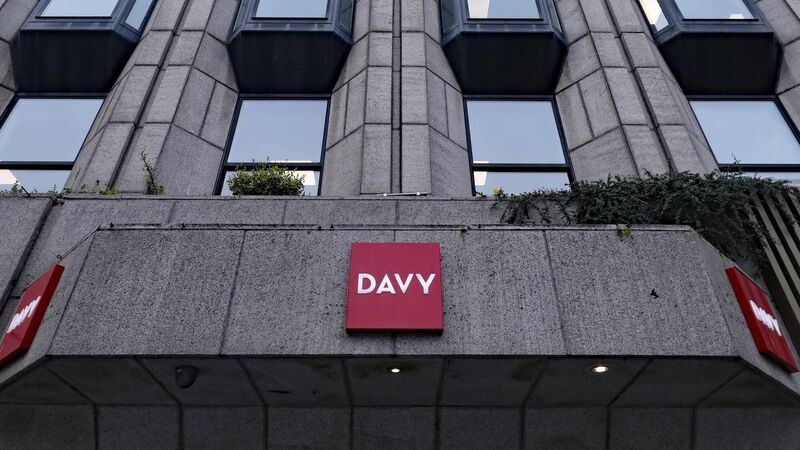Far from the end of the Davy affair, 10 days after the eruption of a scandal

The offices of Davy stockbrokers in Dublin. Picture: Niall Carson/PA Wire
TD John McGuinness said he has not experienced such raw public anger since the fallout of the banking and property crash a decade ago.
Ten days after the Central Bank published the findings of its five-year investigation into Davy, Ireland's largest stockbroker, Mr McGuiness, who is chair of the Oireachtas finance committee, said that the anger has erupted from voters who would not have even come across the Davy name.











